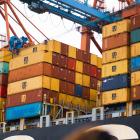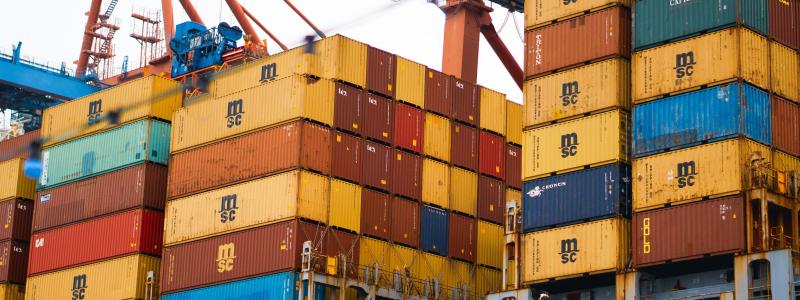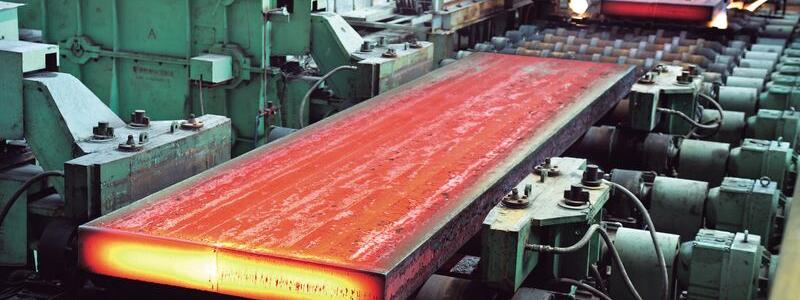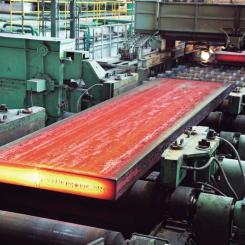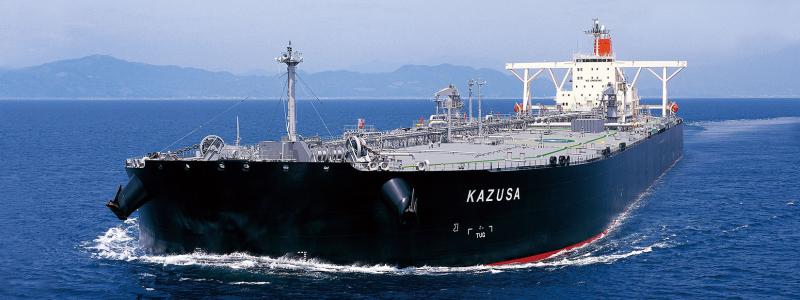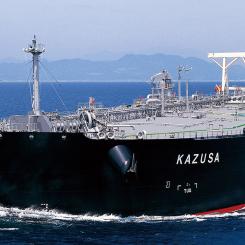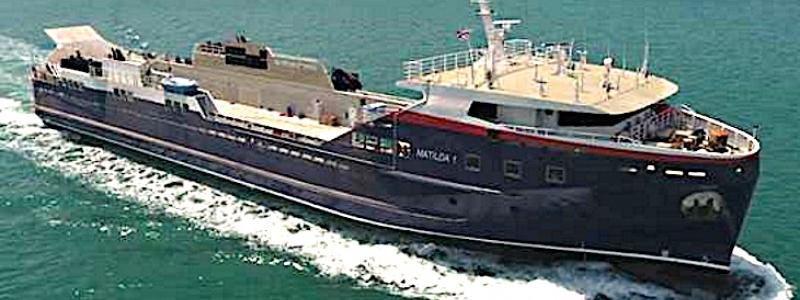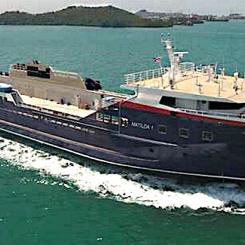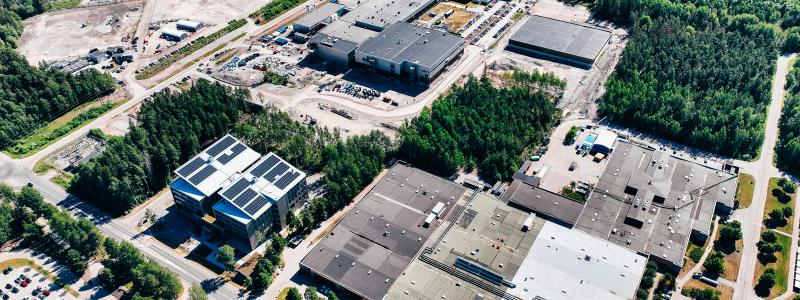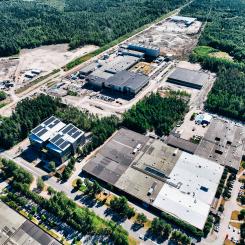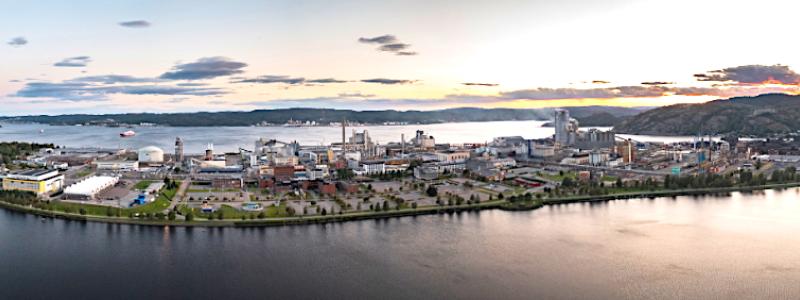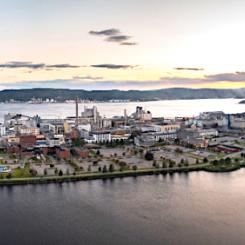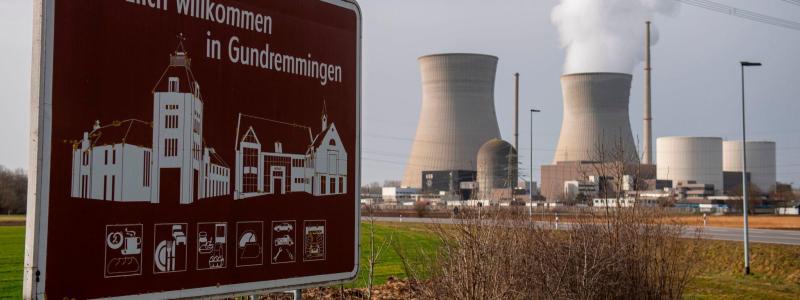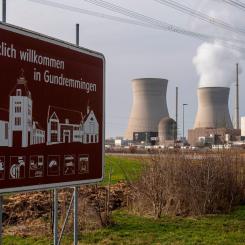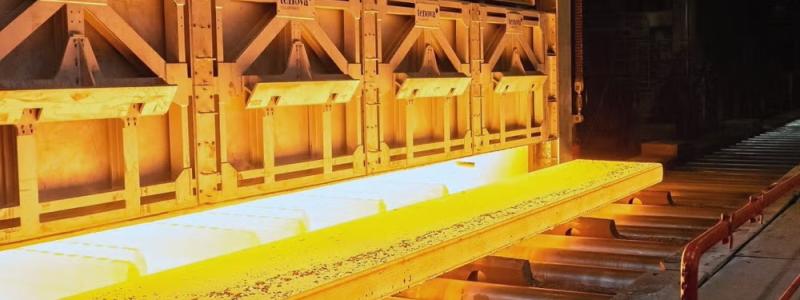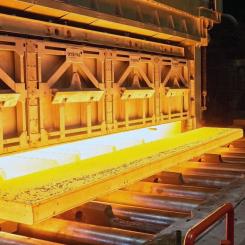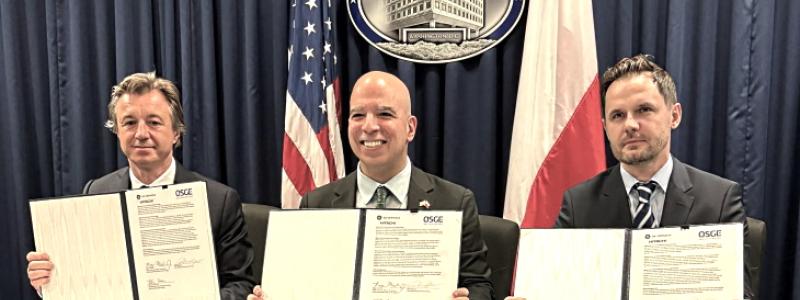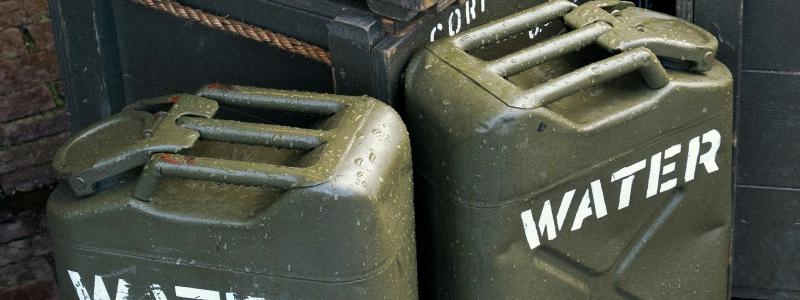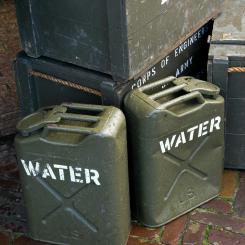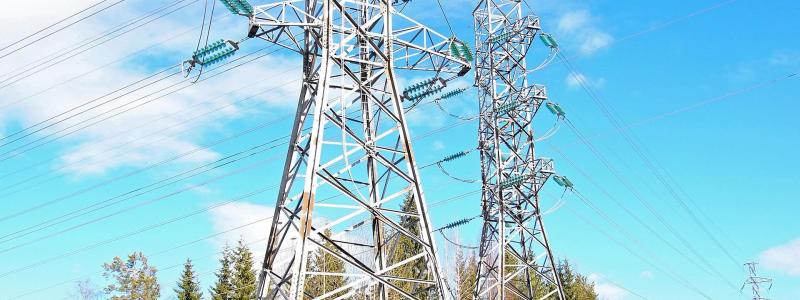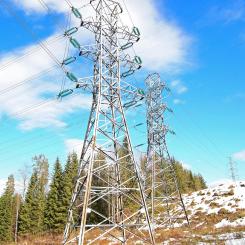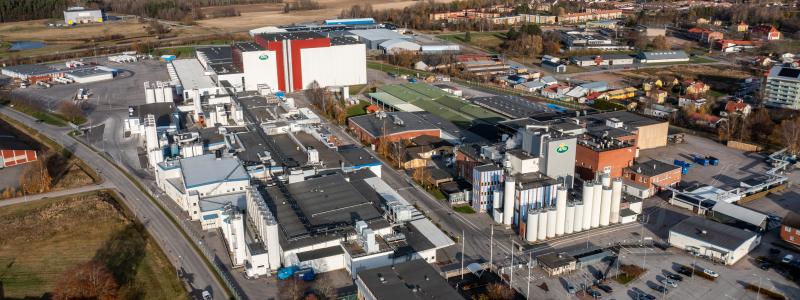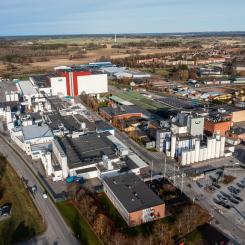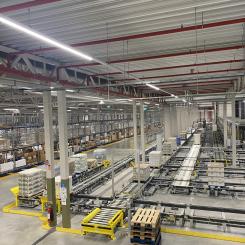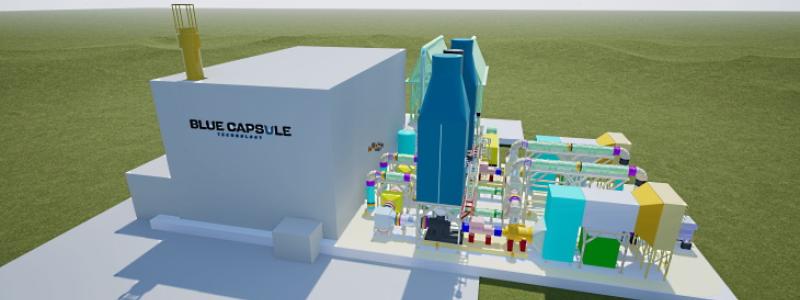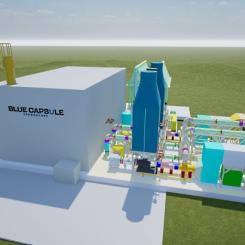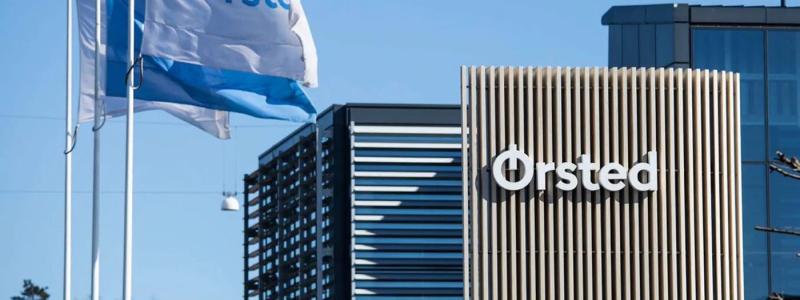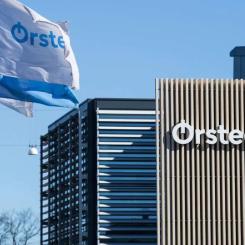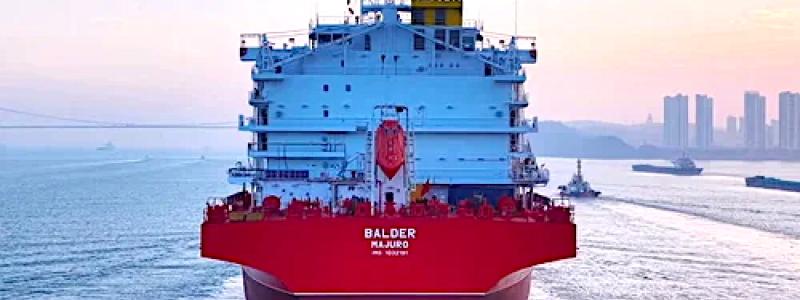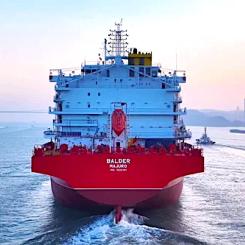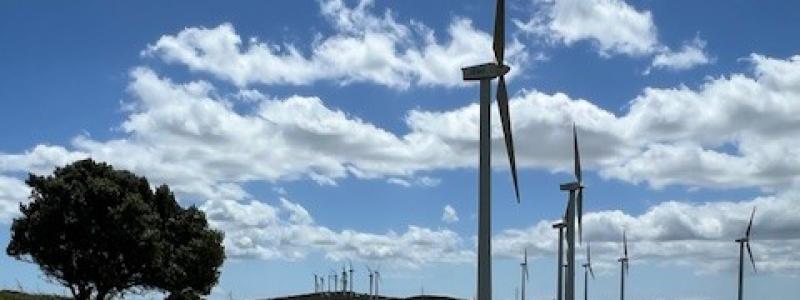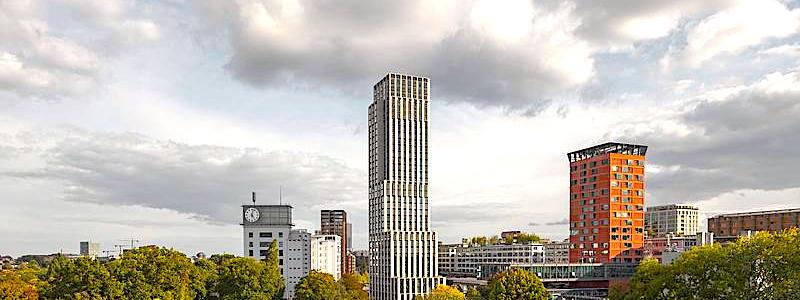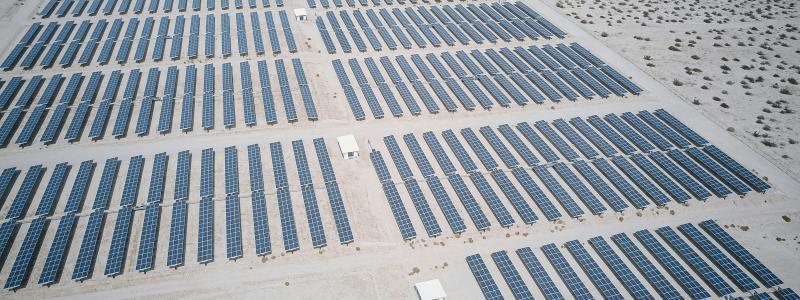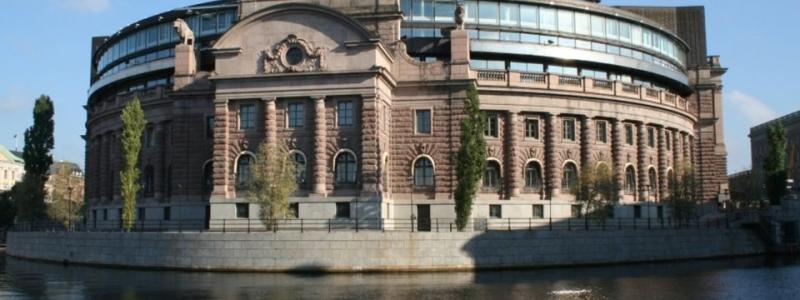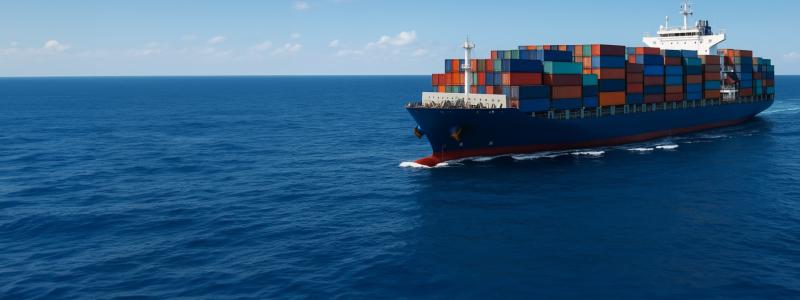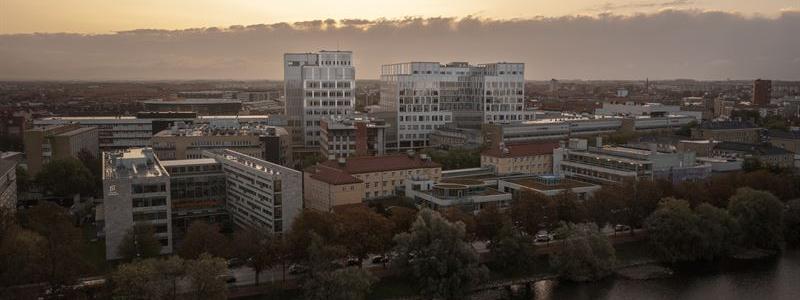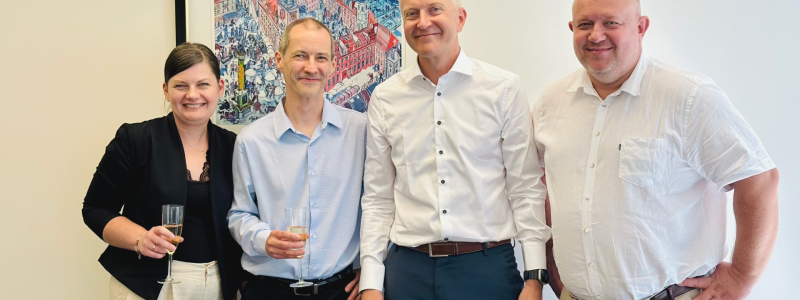Israel is mentioned in the Bible as "the land of milk and honey", but the country has actually much more to offer.
The natural resources of Israel include potash, copper ore, natural gas, phosphate rock, magnesium bromide, clays and sand. Additionally, cut diamonds are one of the leading exports of the country, which otherwise is primarily dependent on crude oil and raw material imports, reports on-line magazine AZO mines.
The discovery of natural gas fields located near the coast of Israel has successfully transformed the nation’s energy prospect in a big way. In fact, it is estimated that approximately 2.4 trillion cubic feet of natural gas are present within the Karish and Tanin gas deposits, which were originally discovered in 2009 and 2010, respectively 2.
Overview of Resources
Each year, Israel exports approximately 45 million tons of potash, a useful fertilizer, thereby making this country the fourth largest exporter of the product following Canada, Russia and Germany3. Additionally, the high salinity of the waters allows Israel to be a leading exporter of magnesium bromide, which is a useful mineral found in numerous sedatives and anti-convulsant medications.
The natural gas exports of Israel have organised with a deal worth about $15 billion USD4 with the Egyptian company Dolphinus Holdings. The extracted gas being sent to Egypt will be acquired from Tamar and Leviathan; two deep-water offshore gas fields located in the Mediterranean Sea. The Leviathan gas field is one of the largest offshore natural gas discoveries in recent times.
Industrial Minerals and Gemstones
Although Israel is not directly involved in the production of rough diamonds, the country has a globally recognized market that is well known for its diamond cutting, trading and polishing companies; specializing in large, high-value gemstones.
In fact, Israel is considered to have one of the most advanced diamond polishing and processing technologies in the world, as these factories utilize various advanced techniques including lasers for diamond cutting processes, cutting machines, automatic polishing machines and computer-aided design systems5.
Dead Sea Bromine Group (DSBG), a subsidiary of ICL, was involved in the extraction of brines and carnallite from the Dead Sea in 2010. By 2016, Israel’s production of bromine reached 170,000 tons as a result of the increased global demands for this important metal. Note that the Dead Sea is estimated to contain at least 1 billion tons of bromine.
Bromine is a deep-red, oily liquid with a sharp smell. It is toxic. Uses. Bromine is used in many areas such as agricultural chemicals, dyestuffs, insecticides, pharmaceuticals and chemical intermediates. Some uses are being phased out for environmental reasons, but new uses continue to be found.
The country’s sulfur requirements are met by imports mainly from Germany, Kazakhstan, Canada, and Russia. Israel’s development has been largely due to the building and road construction sector, which uses a great deal of the raw materials, such as gravel, sand and limestone, which are mined and quarried in the country.
Samedan Mediterranean Sea Inc., a subsidiary of Noble Energy Inc. of the U.S., operates the Mari-B offshore gas field in the Mediterranean Sea. In 2010, the company’s production of dry natural gas increased to 1.34 billion m3 from 1.18 billion m3 in 2009.
In 2010, Noble had discovered the Leviathan prospect with 450 billion m3 and the previous year it had discovered the Tamar prospect with nearly 240 billion m3 reserves. Similarly, Bontan Corp. revealed that its Mira and the Sarah offshore prospects had 120 and 42 billion m3, respectively.
In 2010, two companies of Canada, Zion Oil & Gas Inc. of the U.S. and Adira Energy Ltd., began drilling operations at onshore Joseph license and onshore Eitan license, respectively.




